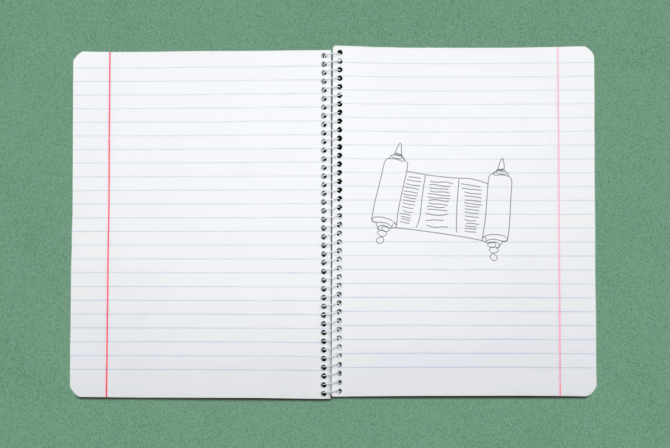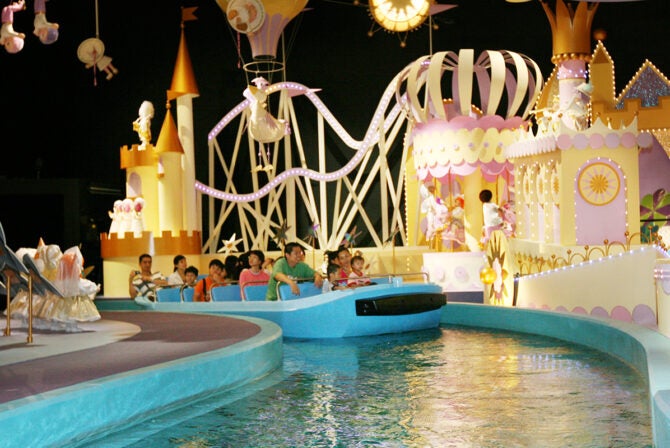
I love the Jewish calendar and I find a lot of meaning in the fall holidays. Rosh Hashanah, Yom Kippur, Sukkot, and Simchat Torah are all religiously and culturally significant and beautiful in their own right, but three weeks in a row of two day yontifs (holidays) right up next to Shabbat is exhausting and I am very glad that the fall holidays are over.
What really consumed me over the past holiday, though, was Gilad Shalit. After his return to Israel and to his family days before Sukkot began, I scoured the internet for any news, pictures, and videos of him that I could get my hands on. Once the holiday started (when I don’t use the computer for such scouring) I found myself thinking about him a lot. I am at once fascinated about and terrified for him: his near 2,000 days with no sunlight; his inability to look anyone in the eye in those first video images of him saluting so proudly; Israel’s brave reluctant hero in a uniform that could barely stay on his gaunt and malnourished frame.
For me, Shalit’s ordeal and its denouement represent the complexity of Israel.
Political discussions aside, debates about what his life was “worth” — any mother can tell you that any child of hers is utterly priceless — the homecoming of Shalit showed us a country in love with their soldier. Skeptics and cynics debated the terms of his release even as he was being driven to the border of Israel, but they may have had their minds changed about the debate’s value at all, when they saw Shalit step out off of that helicopter, when they beheld the image of a country whose Prime Minister accepts a salute and then passionately grabs hold of a shadow of a man with a broad grin, to tell him “Welcome Home.”
Those who were still unsure may not have been unsure once they saw a son barely remember how to embrace his father, the hint of a smile, a rushed public scene unimaginably excruciating and unfathomable to any parent.
Israel has struggled for thousands of years, and especially for the past 60. It is moments like the past week with Gilad Shalit that stop us in our collective tracks, and allow us to remember that some of the simplest things are also the most beautiful: a helicopter touching down, the uniform of a country, the triumphant return home, the embrace of a parent and a child.
Hineh ma tov u’ma’naim, shevet achim gam yachad.
Behold: how good and how pleasant it is, to sit as brothers, together.







